Houston energy, innovation leader dies after hard-fought battle with cancer
'onward'
Houston energy and innovation leader Scott Gale died on September 24 after a years-long fight with cancer. He was 40 years old.
Gale was the inaugural executive director for Halliburton Labs, which launched in 2020. Prior to that role, he lead global strategy initiatives for Halliburton. A Brigham Young University graduate, he received his MBA from Rice University in 2019, where he co-founded the Jones Student Association for Executives. After his graduation, he served on the the Rice Business Alumni Association Board and the Energy Advisory Board for the Rice Alliance Clean Energy Accelerator.
"Scott made an impact with his incredible kindness, energy, and talent," Dale Winger, managing director at Halliburton Labs, tells InnovationMap. "Scott was passionate about his family, his friends, his community, and his work. He provided incredible creativity and drive to bring Halliburton Labs to life within Halliburton, and despite a terrible cancer diagnosis, Scott continued to collaborate and build connections that launched the inaugural Houston Energy and Climate Startup Week. Work and play were always fun with Scott. His generosity and dedication to strengthen the Houston innovation ecosystem will be missed, yet his legacy endures.”
Gale was also a voice actor and the co-host of two podcasts: Rice University's Owl Have You Know Podcast, which shares experiences of Rice's business community, and the Curiosity podcast, which explored optimism and curiosity with guests and co-host Brad Rossacci.
"A rebellious optimist at his core, Scott believed we need a biased toward action, a mission focused belief system, and a healthy dose of rebellion for good measure," Rossacci, who serves as creative director at Accenture, says. "Carving his own path in the universe, Scott discovered his life’s work and unceasingly committed himself to helping humanity deepen their curiosity, building connective tissue across society, and advancing the future of energy on the shoulders of the giants who came before him. Ultimately, fulfilling his infinite ambitions and creating an echo that will reverberate in the cosmos for eternity."
One month ago, he stepped away from his role at Halliburton Labs, sharing his cancer journey in a message shared on LinkedIn. In the post, he encouraged his whole community to "go out and live a life that echoes," and ended with "onward," something Gale regularly imparted when he spoke on progress within energy and innovation.
Earlier this month during the Houston Energy and Climate Startup Week, which Gale was instrumental in creating but unable to attend due to the progression of his illness, the Energy Tech Nexus awarded its Nexus Community Award to Gale, and his father, Andrew Gale, accepted the award on his behalf.
"He is very focused on the community in Houston and the tech industry," Andrew Gale said about his son when accepting the award, "he feels so honored to be given the opportunity to be able to have an influence."
In addition to his father and his mother, JoAnna, Scott is survived by his wife of 18 years, Nicole, and their four children, as well as his seven siblings — Siara, Shanna, Spencer, Seth, Shalya, Sam, and Shane. In honor of his brother, Sam launched a GoFundMe campaign for his nieces and nephew's education, and donations are currently being accepted.
In his obituary, his family shared something Scott regularly said as he battled his cancer with countless hospital visits and experimental treatments: “I’m not a doctor, but I’m pretty sure if you die, the cancer dies at the same time. That’s not a loss. That’s a draw.”
Earlier this year, he joined the Houston Innovators Podcast to discuss Houston Energy and Climate Startup Week and call for collaboration within the ecosystem.

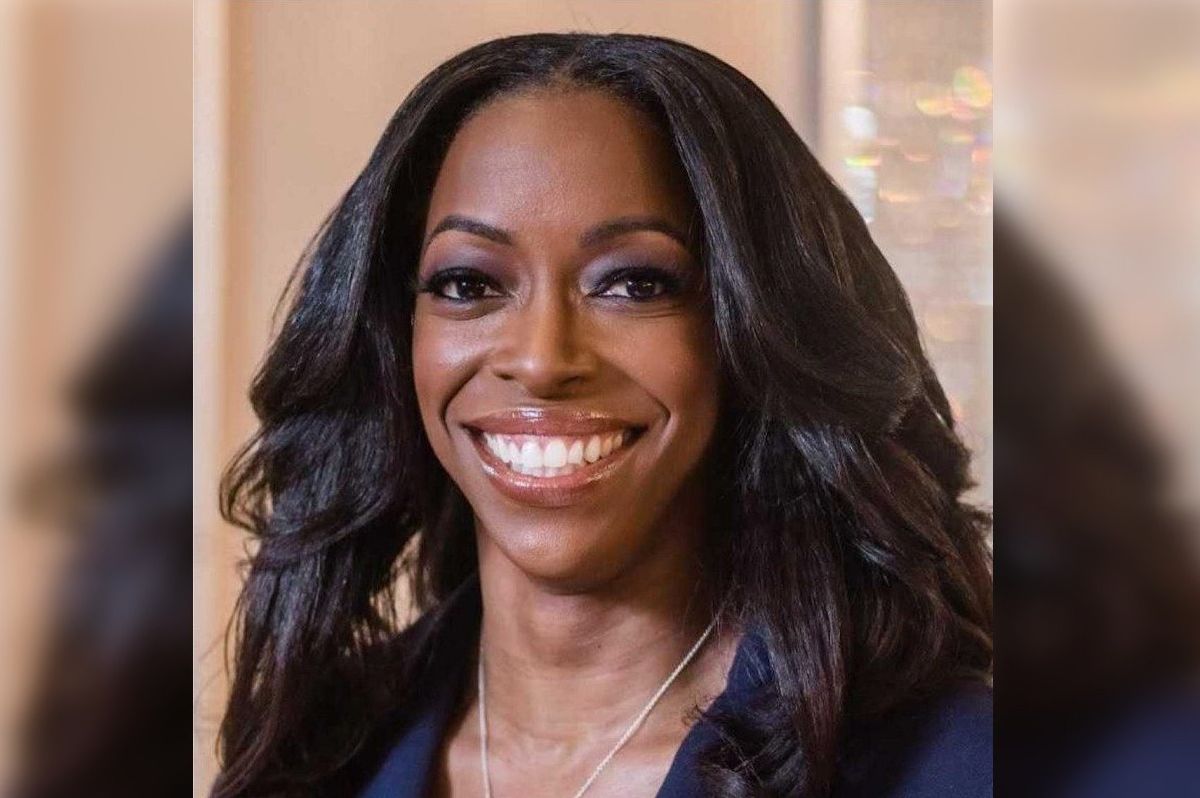


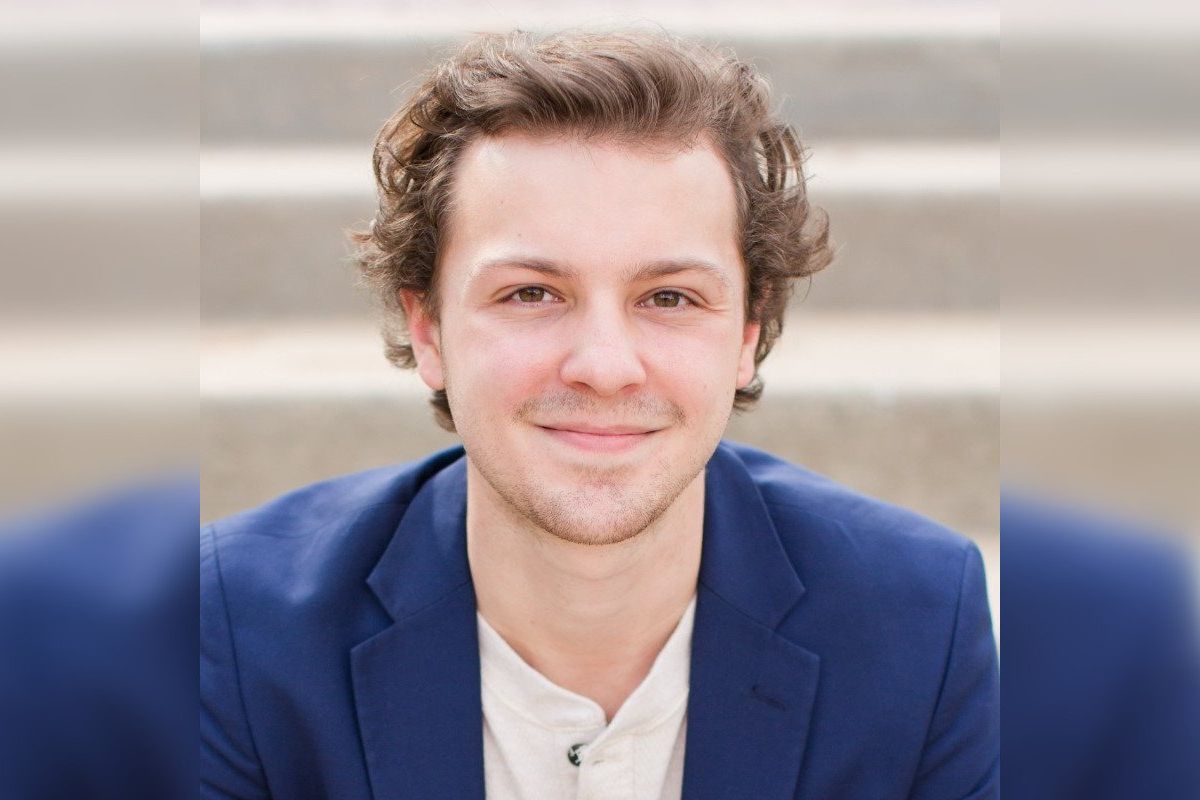

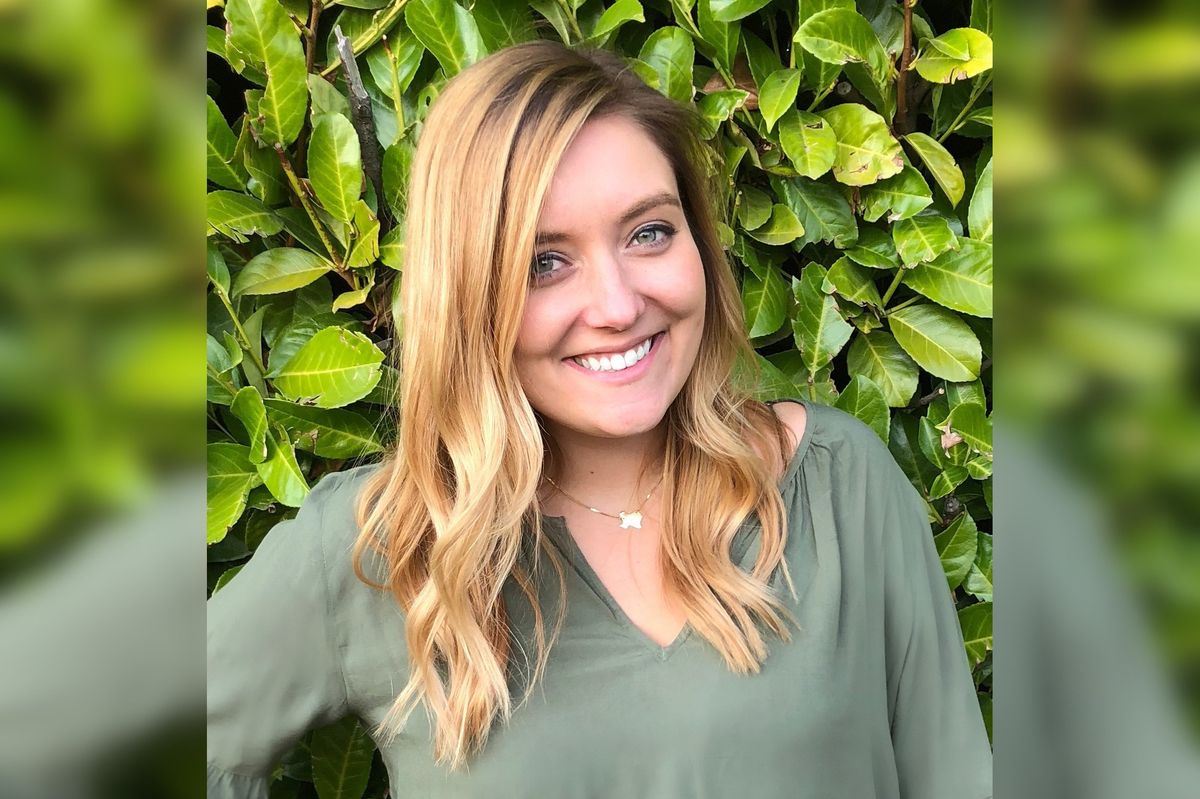

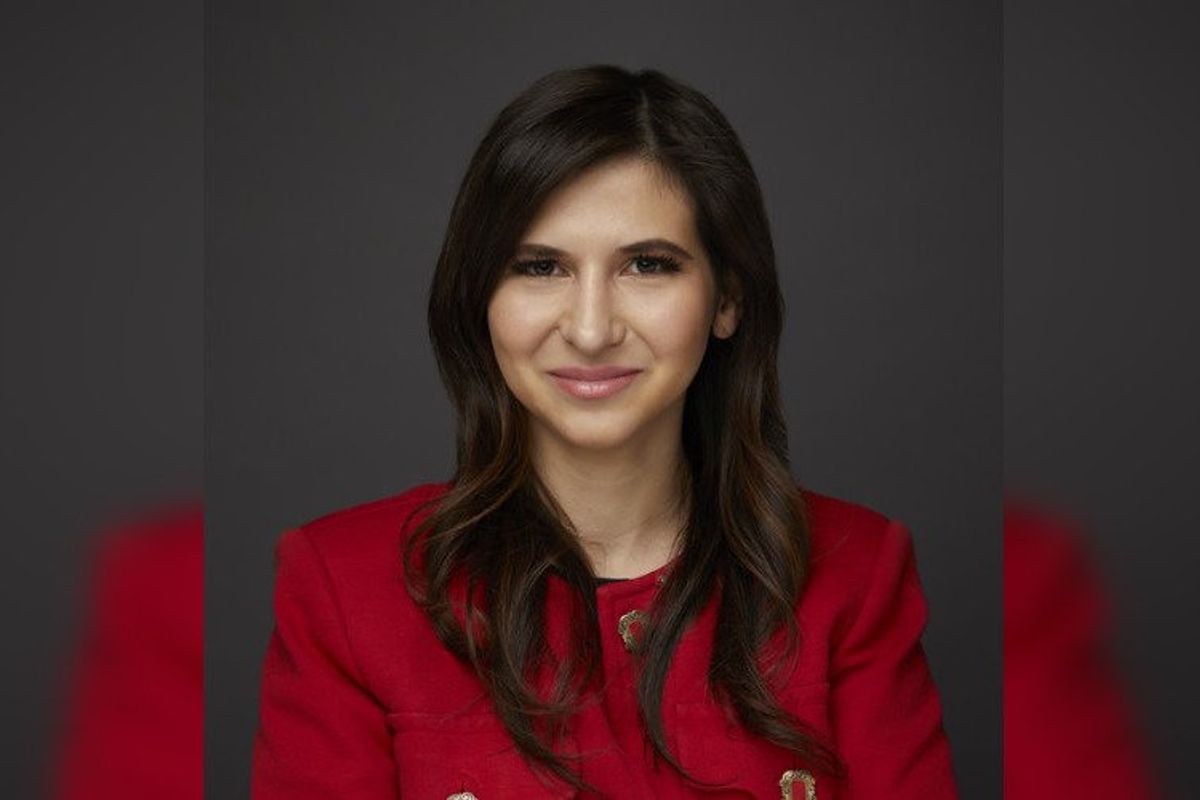
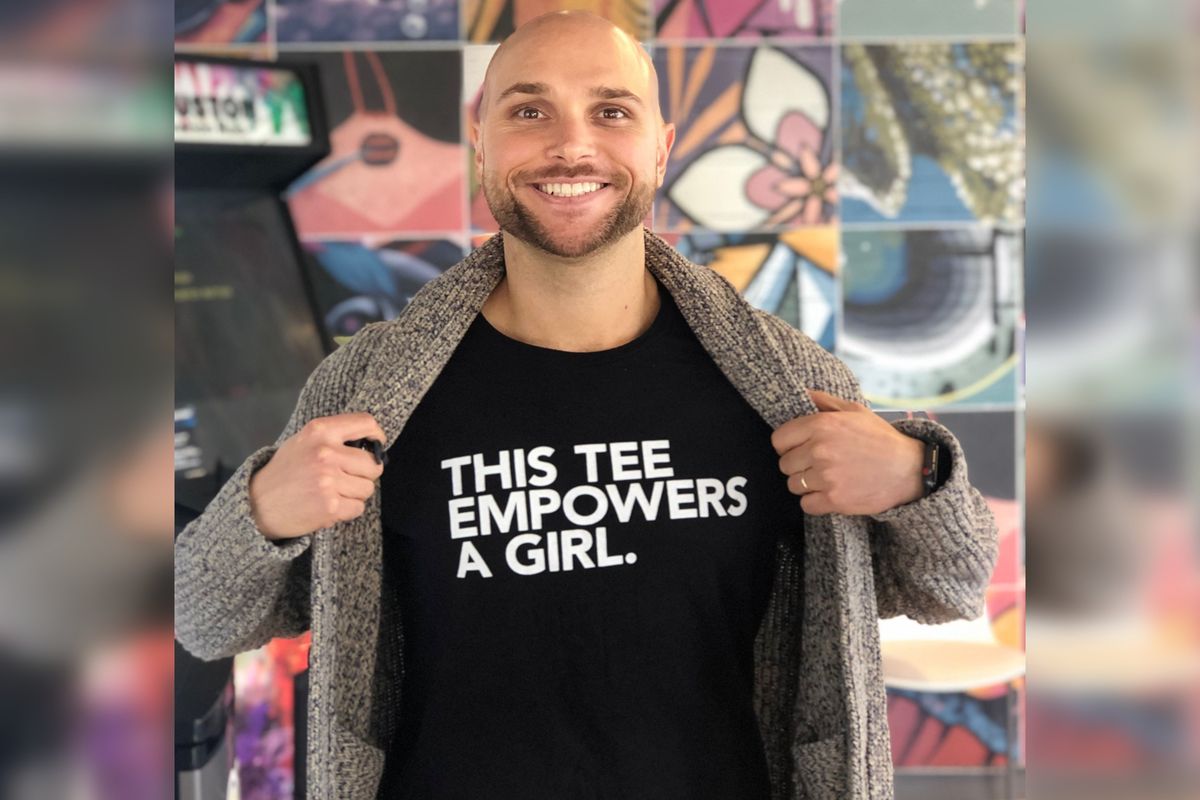





 Apple doubles down on Houston with new production facility, training centerPhoto courtesy Apple.
Apple doubles down on Houston with new production facility, training centerPhoto courtesy Apple.

